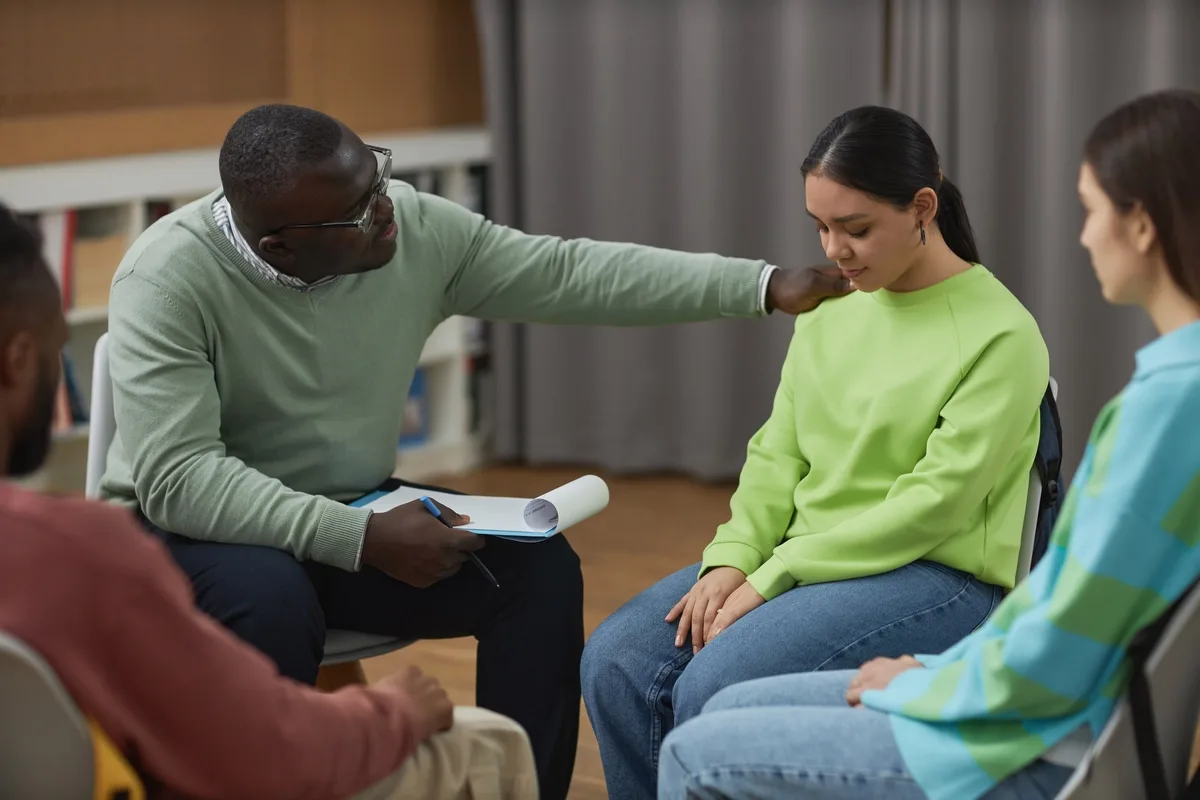24/7 Helpline:
(866) 899-221924/7 Helpline:
(866) 899-2219
Learn more about 12-Step Rehab centers in Howard County
12-Step Rehab in Other Counties

Other Insurance Options

Molina Healthcare

Premera

MHNNet Behavioral Health

Kaiser Permanente

Optum

Cigna

WellCare Health Plans

Medical Mutual of Ohio

Meritain

Private insurance

Optima
Beacon

Sutter

AllWell

Multiplan

UnitedHealth Group

GEHA

Sliding scale payment assistance

UMR

Access to Recovery (ATR) Voucher

JAEL Health Services
JAEL Health Services is a private rehab located in Ellicott City, Maryland. JAEL Health Services spe...




















































































































































































































Counseling Resources
Counseling Resources is a private rehab located in Ellicott City, Maryland. Counseling Resources spe...

Yudaguru Integrative Wellness
Yudaguru Integrative Wellness is a counseling center located in Ellicott City, Maryland. Lead by Abh...

















































































































